

The Compassionate Life

The Compassionate Life
TENZIN GYATSO
THE FOURTEENTH DALAI LAMA

Wisdom Publications Boston
Wisdom Publications, Inc.
199 Elm Street, Somerville MA 02144 USA
www.wisdompubs.org
2003 Tenzin Gyatso, the Fourteenth Dalai Lama
All rights reserved.
Verses from the Guide to the Bodhisattvas Way of Life are adapted from the translation by Stephen Batchelor (Library of Tibetan Works and Archives, 1979). The translation of Eight Verses for Training the Mind is courtesy of John D. Dunne.
No part of this book may be reproduced in any form or by any means, electronic or mechanical, including photocopying, recording, or by any information storage and retrieval system or technologies now known or later developed, without permission in writing from the publisher.
Library of Congress Cataloging-in-Publication Data
Bstan-dzin-rgya-mtsho, Dalai Lama XIV, 1935
The compassionate life / Tenzin Gyatso.
p. cm.
Includes index.
ISBN 0-86171-378-8 (alk. paper)
1. CompassionReligious aspectsBuddhism.
2. Religious lifeBuddhism. I. Title.
BQ4360.B75 2001
294.35677dc21 2001026867
13 12 11 10 9 9 8 7 6 5
Cover design by Elizabeth Lawrence. Interior design by Gopa & Ted2.
Interior photos by Ueli Minder.
Wisdom Publications books are printed on acid-free paper and meet the guidelines for permanence and durability set by the Committee on Production Guidelines for Book Longevity of the Council on Library Resources.
Printed in the United States of America.
Table of Contents
IN HIS NUMEROUS PUBLIC APPEARANCES, His Holiness the Dalai Lama always returns to the topic of compassion. Compassion, or the desire to remove the suffering of another, is of course a central ideal for the practicing Buddhist. But one does not need to spend much time observing His Holiness to realize that his commitment to this virtue goes far beyond mere religious obligation. In his simple yet inimitable way, the Dalai Lama displays a profound recognition of the power of human affection in addressing the worlds most urgent and complex problems.
At first glance, the Dalai Lamas rhetoric may seem almost naive, uninformed by a grasp of real-world politics and the subtleties of the human heart. Upon deeper inspection, however, it becomes clear that His Holiness speaks from a deep well of experience, grounded in his systematic training as a Buddhist monk and his personal experiences as the political and religious leader of the Tibetan people. His compassion is not timid or vague; it is solid, resolute, and above all wise. The difference is that His Holiness understands the mindthe power of our thoughts and emotions in shaping reality. He sees the precise relationship between the motivation we have and the results we get, and his life exemplifies the depth of his recognition.
It is our hope at Wisdom Publications that the teachings we have woven together to make this book will help advance His Holiness own goals for world peace, religious tolerance, and spiritual development, while providing effective tools for those interested in cultivating lives of greater compassion.
David Kittelstrom
Publishers Acknowledgment
THE PUBLISHER gratefully acknowledges the generous help of Richard Gere and the Gere Foundation in sponsoring the publication of this book.
The Compassionate Life

M Y EXPERIENCES are nothing special, just ordinary human ones. Through my Buddhist training, however, I have learned something about compassion and developing a good heart, and that experience has proved very helpful in my day-to-day life. For example, the region of Tibet I come from is called Amdo, and people usually regard people who come from Amdo as short-tempered. So in Tibet, when someone would lose his or her temper, people would often take it as a sign that the person was from Amdo! However, when I compare my temperament now to the way it was when I was between the ages of fifteen and twenty, I see a noticeable difference. These days, I hardly find myself being irritated at all, and even when I am, it doesnt last long. This is a marvelous benefit of my own practice and training now I am always quite cheerful!
In my lifetime, I have lost my country and have been reduced to being totally dependent on the goodwill of others. I have also lost my mother, and most of my tutors and lamas have passed away. Of course, these are tragic incidents, and I feel sad when I think about them. However, I dont feel overwhelmed by sadness. Old, familiar faces disappear and new faces appear, but I still maintain my happiness and peace of mind. This capacity to relate to events from a broader perspective is, for me, one of the marvels of human nature, and I believe it is rooted in our capacity for compassion and kindness toward others.
 OUR FUNDAMENTAL NATURE
OUR FUNDAMENTAL NATURESome of my friends have told me that while love and compassion are marvelous and good, they are not really very relevant. Our world, they say, is not a place where such virtues have much influence or power. They claim that anger and hatred are so much a part of human nature that humanity will always be dominated by them. I do not agree.
We humans have existed in our present form for about a hundred thousand years. I believe that if during this time the human mind had been primarily controlled by anger and hatred, our population would have decreased. But today, despite all our wars, we find that the human population is greater than ever. This clearly indicates to me that while anger and aggression are surely present, love and compassion predominate in the world. This is why what we call news is composed of mostly unpleasant or tragic events; compassionate activities are so much a part of daily life that they are taken for granted and therefore are largely ignored.
Next page
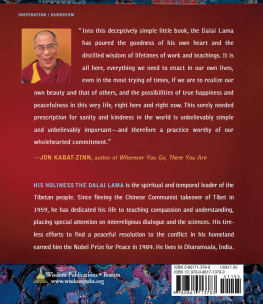
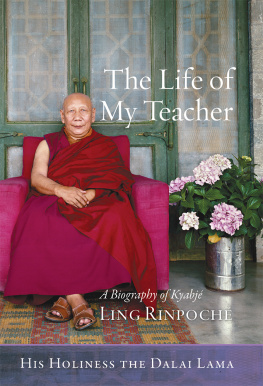
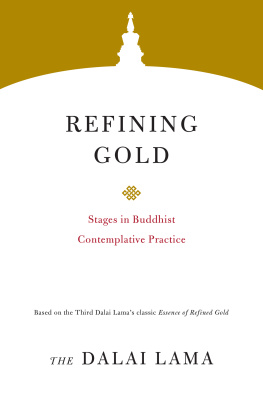
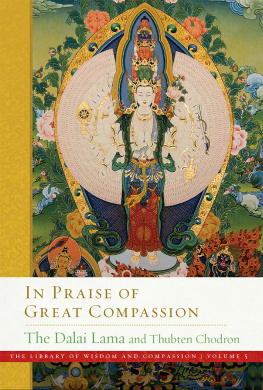
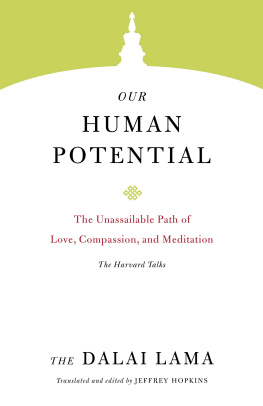
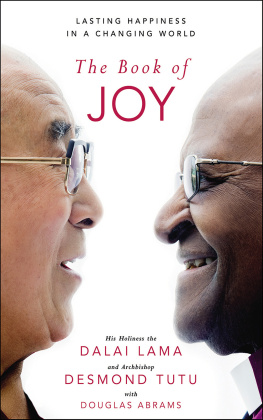
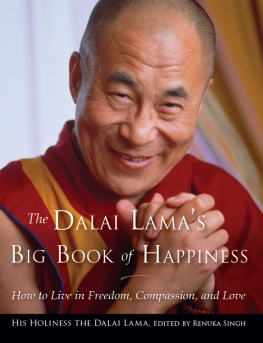

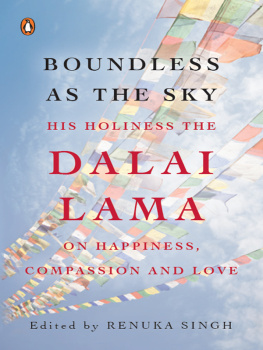
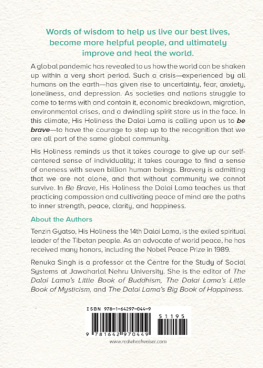
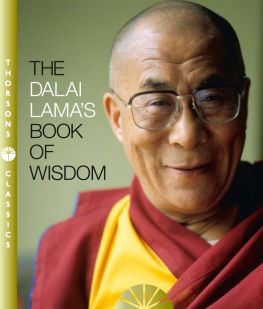
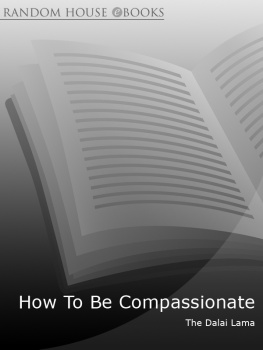
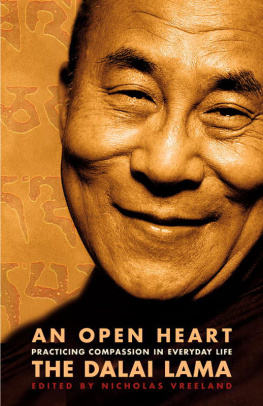





 OUR FUNDAMENTAL NATURE
OUR FUNDAMENTAL NATURE